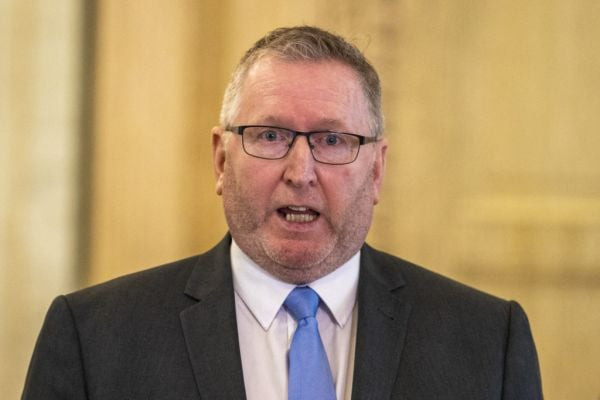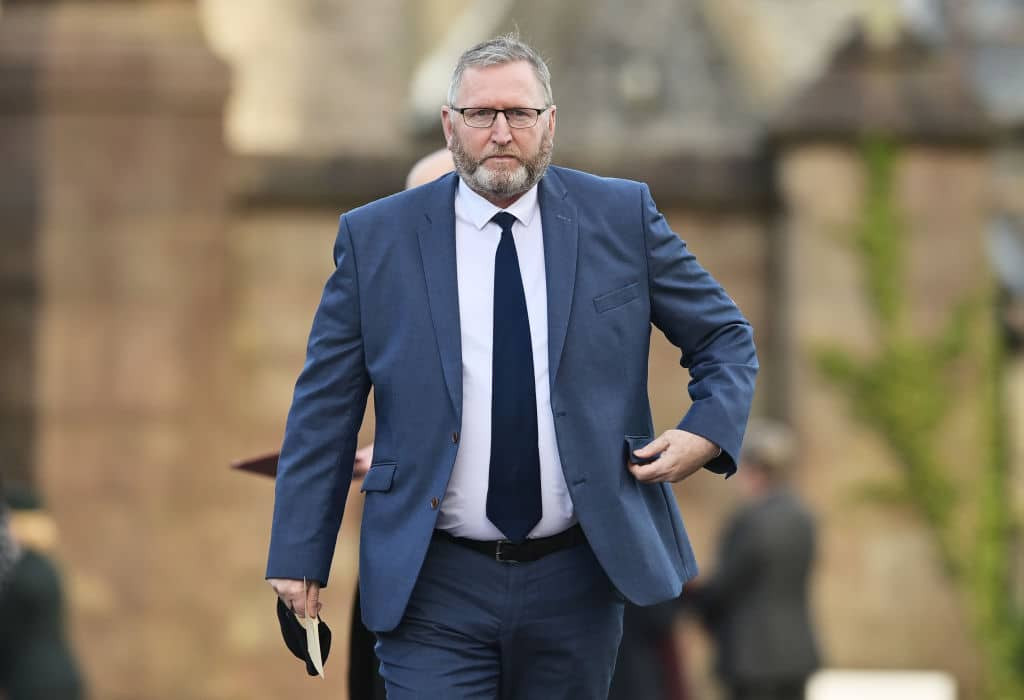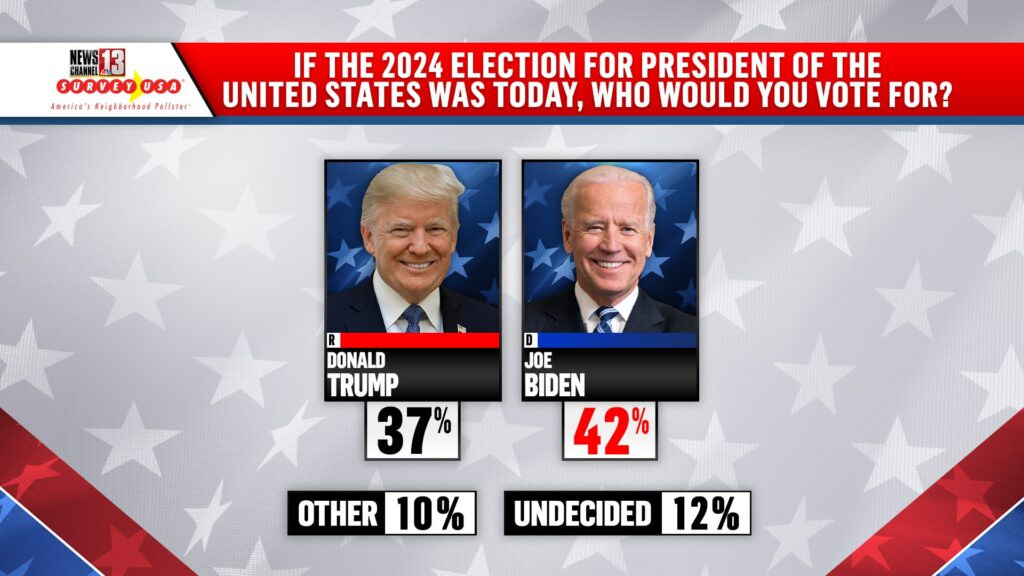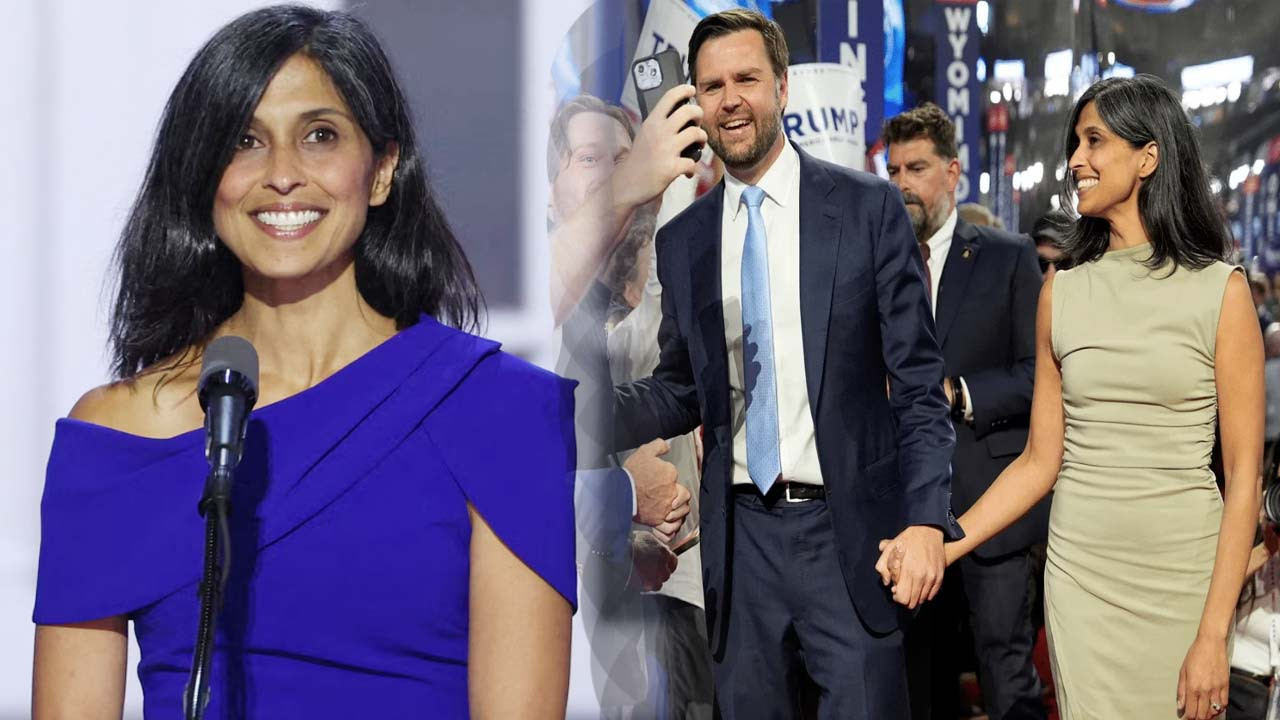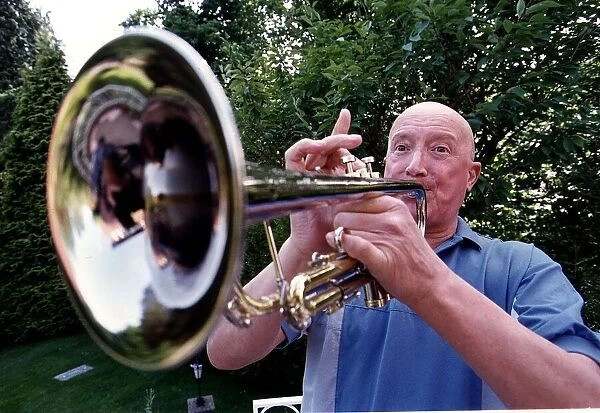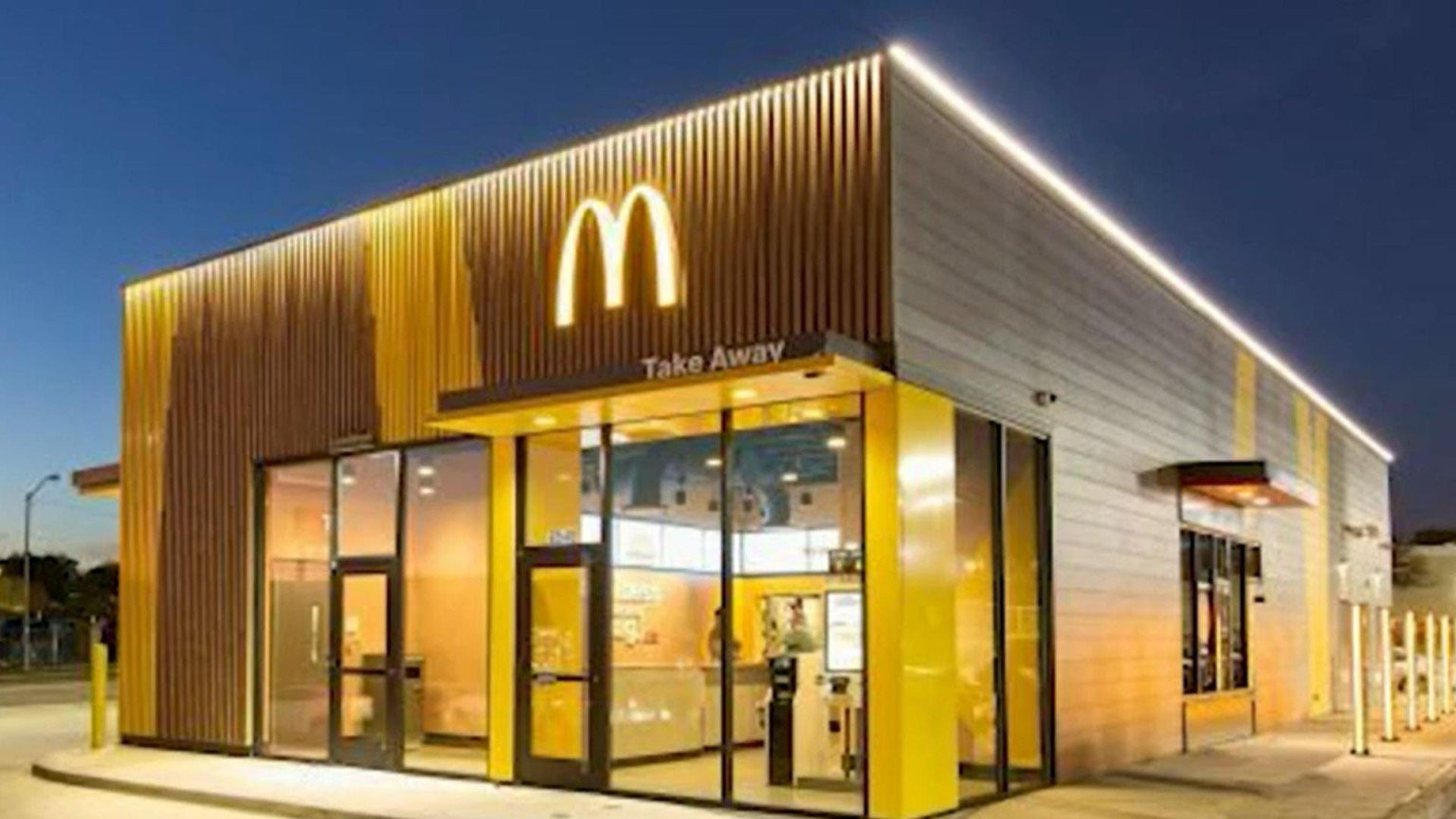Doug Beattie has resigned as the leader of the Ulster Unionist party (UUP) after clashing with party colleagues, causing a fresh jolt in Northern Ireland politics. In a surprise announcement on Monday, the decorated army veteran cited his inability to steer the party amid “irreconcilable differences” with party officers. “It has not been easy and at times it has been both lonely and isolating,” said Beattie, 58. “I am no stranger to leadership and that is how it often feels in taking a toll both physically and mentally. It also strains friendships and political relationships. “It is now clear that some believe the momentum needed to keep the Ulster Unionist party moving in the right direction cannot come from me. Irreconcilable differences between myself and party officers combined with the inability to influence and shape the party going forward means that I can no longer remain the party leader.” Beattie, who became leader in 2021, said he had support from UUP Stormont assembly members and elected and non-elected members but that others disagreed with his vision. “I hope they can see that in the long term only an inclusive Ulster Unionist party, promoting a positive message, can secure our future. I hope the new leader is given the freedom to act,” he said. Factions in the party resisted Beattie’s push for more liberal positions on social issues. He also struggled to recruit more women and new faces to key roles. The announcement underlined splits within and between unionist parties that have allowed Sinn Féin to emerge as the biggest party and put scrutiny on Northern Ireland’s position in the UK. Sir Jeffrey Donaldson quit as leader of the Democratic Unionist party (DUP) in April when he was charged with historic alleged sex offences. Under his successor, Gavin Robinson, the party lost three of its eight Westminster seats in July’s general election. The UUP was the region’s dominant unionist party until it was overtaken by the DUP in 2003. A succession of leaders struggled to reverse the UUP’s electoral decline. Beattie, who won a military cross as an army captain in Afghanistan, initially seemed on course to buck that trend by promising a liberal, tolerant brand of unionism that produced a “Beattie bounce” in opinion polls. However, the party failed to capitalise on DUP disarray in assembly and local elections. Beattie won plaudits for engineering a Westminster seat – Robin Swann won South Antrim, giving the party its first MP since 2017 – but critics said it was not enough and that the party was adrift. Beattie’s statement acknowledged that gaining an MP, plus a member elevated to the House of Lords, was insufficient. “These are small successes on the back of a difficult electoral results with a lot of work still to do, particularly in border constituencies,” he said. Hilary Benn, the Northern Ireland secretary, thanked Beattie for his leadership. “It is clear that he has always sought to act in Northern Ireland’s best interests and I know he will continue to do so,” Benn said. Ireland’s former foreign minister Simon Coveney also paid tribute, saying: “I always found Doug to be fair, tough when needed, reasonable and positive.” It was not immediately clear if Robbie Butler, the UUP’s deputy leader and assembly member for Lagan Valley, would stand for the leadership. Nominations have opened for the next leader of the Ulster Unionist Party. Party officers met virtually on Tuesday morning to agree the process to replace outgoing leader Doug Beattie, who announced his resignation on Monday. However it is understood that efforts are being made to call an emergency meeting of the UUP Executive over concerns around Mr Beattie’s resignation. Mr Beattie cited “irreconcilable differences” in his resignation statement amid apparent internal tensions with other senior party figures. On Tuesday afternoon, the UUP confirmed that party officers have set out the process to select a new leader. The closing date for those seeking to stand for election will be 4.30pm on August 30, before an extraordinary general meeting on September 14 to ratify or elect the new party leader. Mr Beattie, an Upper Bann Assembly member and a decorated Army veteran, was elected as UUP leader in 2021. From the liberal wing of unionism, the Military Cross recipient took on the role pledging a progressive agenda and a move towards the middle ground. His resignation comes after what was a relatively positive General Election result for the UUP, with the party securing a Westminster seat for the first time since 2017. Mr Beattie had been the fourth leader of the party in seven years following stints by Robin Swann, Steve Aiken, Mike Nesbitt and Tom Elliott. In his statement earlier this week, Mr Beattie said that it had been a “huge honour” to lead the party. However he said it had become “clear that some believe the momentum needed to keep the Ulster Unionist Party moving in the right direction cannot come from me”. “Irreconcilable differences between myself and party officers combined with the inability to influence and shape the party going forward means that I can no longer remain the party leader,” he added. “Therefore, I shall stand down as the party leader and allow the party to immediately begin the process to select a new leader who may maintain the confidence of the party and continue the momentum I have started.” ## A Look Back: Beattie's Tenure as Leader Beattie's leadership tenure was marked by a combination of successes and challenges. The party's victory in the South Antrim by-election, securing a Westminster seat for the first time since 2017, was a notable achievement. However, critics pointed to the party's overall electoral performance, particularly in the assembly and local elections, as evidence of its struggle to regain its former dominance. ## The Path Forward: Challenges and Opportunities The UUP now faces a crucial period as it seeks to find a new leader and chart its future course. The party's internal divisions, coupled with the changing political landscape in Northern Ireland, make this a complex task. ## What's Next for the UUP? The party is likely to be dominated by internal debates and jockeying for position in the run-up to the leadership election. The candidate who emerges will face the daunting challenge of uniting the party behind a clear vision for the future. The new leader will also need to address the party's electoral decline and its declining influence in Northern Ireland politics. The UUP's success will depend on its ability to adapt to the changing political environment and to re-establish its relevance in Northern Ireland society. ## The Legacy of Doug Beattie Beattie's tenure as leader will be remembered for its mixed results. He brought a new energy and vision to the party, but ultimately, he was unable to overcome the internal challenges and the party's longstanding electoral decline. While his time as leader was marked by both successes and setbacks, his legacy will ultimately be determined by the UUP's ability to navigate its current difficulties and chart a new path forward.
Luca Rossi
Environmental Reporter
Reporting on environmental issues and sustainability.




